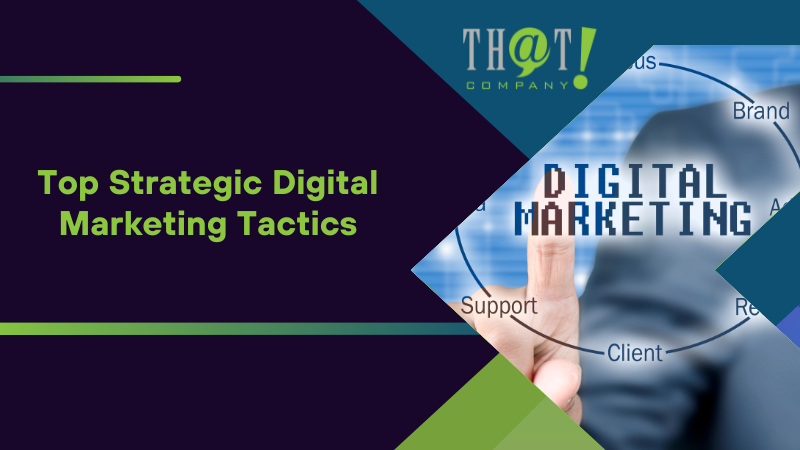
Strategic digital marketing is crucial for achieving your business goals online. It involves creating a cohesive plan that ensures every digital activity aligns with your long-term objectives. This article will explain what strategic digital marketing is, its importance, and the tactics needed to connect with your audience and drive success.
Key Takeaways
- A comprehensive digital marketing strategy requires clear goals, understanding audience needs, and selecting appropriate channels for effective engagement.
- Email and content marketing, along with SEO and PPC, are essential tactics for connecting with audiences, driving conversions, and building brand awareness.
- Consistently monitoring performance metrics and making data-driven adjustments is crucial for optimizing digital marketing efforts and achieving long-term success.

Understanding Strategic Digital Marketing
Strategic digital marketing serves as a roadmap that guides businesses in aligning their online efforts with broader business objectives. Differentiating between strategy and tactics is critical; strategy emphasizes long-term goals, whereas tactics involve specific actions to meet those goals. A well-defined digital marketing strategy helps avoid isolated efforts, ensuring every activity contributes to the bigger picture, including effective digital strategies.
A comprehensive digital marketing strategy should connect with the audience, generate leads, and convert prospects. Creating such an effective digital marketing strategy involves market research, defining a value proposition, and selecting appropriate digital channels. Adopting a customer-centric approach and leveraging data-driven insights are crucial for refining strategies and optimizing approaches using an online marketing strategy and a digital marketing plan template.

Key Elements of a Successful Digital Marketing Strategy
A successful strategic digital marketing strategy relies on several key elements that collaborate to achieve the desired outcomes. Setting clear goals and objectives is the first step, as it provides a benchmark for measuring progress. Understanding your target audience is equally important, as it allows you to tailor your messaging and tactics to their preferences and behaviors. Successful strategic digital marketing strategies require a comprehensive approach to ensure effectiveness.
Selecting the right digital channels is crucial for effective reach and engagement. A channel and content audit identifies top-performing channels and highlights areas needing improvement.
Diversifying your marketing channels and continuously monitoring performance is vital for enhancing strategy effectiveness.
Setting Clear Goals and Objectives
Setting clear goals and objectives is crucial in digital marketing as it ensures the strategy reaches desired outcomes and drives revenue. The SMART framework allows businesses to set goals that are specific, measurable, achievable, relevant, and time-bound. For instance, Coca-Cola set a measurable goal to increase brand engagement by 25%, demonstrating the effectiveness of clear objectives.
The SMART framework helps in creating focused and realistic marketing objectives that align with broader business goals. This approach ensures that every marketing effort is directed towards achieving tangible results, ultimately contributing to the overall success of the business.
Identifying and Understanding Your Target Audience
Understanding your target audience is a cornerstone of a successful digital marketing strategy. Detailed buyer personas, profiles of ideal customers, assist in tailoring marketing messages to specific audience segments. Data for these personas can be gathered from tools like Google Analytics, social media insights, and customer surveys.
Segmenting your audience ensures that your messaging is relevant and tailored to each group’s interests and behavior. This method enhances engagement and boosts the effectiveness of marketing campaigns by addressing the unique needs and preferences of various customer segments.
Selecting the Right Digital Channels
Choosing the right digital marketing channels is critical for the success of your digital marketing strategy. Understanding where your audience spends their time is crucial for selecting the most effective digital channels. This includes using channels like your website, social media, and email, where your audience is most active.
Mapping these channels to your organizational goals ensures that your marketing efforts are aligned with your business objectives. A thorough channel and content audit can help identify top-performing channels and highlight areas for improvement, allowing for a more targeted and effective digital strategy.

Need Help? Use That! Company the White Label Agency Leading Agencies Use
Outsourcing to a white label marketing agency can offer significant benefits, including cost savings and access to specialized expertise. That! Company provides digital marketing services under the branding of another company, allowing agencies to offer a wider range of services without incurring the overhead costs associated with staffing.
That! Company manages various digital marketing tasks, such as SEO and social media management, ensuring that results are delivered under the agency’s brand. This partnership enables agencies to scale their business and enhance their service offerings, ultimately improving client relationships and satisfaction.
Advantages of White Label Partnerships
White label partnerships offer agencies the flexibility to expand their service portfolio without the need to invest in additional resources. This allows agencies to focus on their core competencies while still providing clients with a comprehensive suite of digital marketing solutions. By leveraging the specialized skills and expertise of That! Company, agencies can ensure high-quality service delivery across various digital marketing channels, including content marketing, email marketing, and PPC advertising.
Enhancing Brand Reputation
Partnering with a white label agency like That! Company not only helps in expanding service offerings but also enhances the agency’s brand reputation. By consistently delivering high-quality results under their own brand, agencies can build trust and loyalty with their clients. This, in turn, leads to increased client retention and the potential for attracting new business through positive word-of-mouth referrals.
Customizable Solutions for Diverse Client Needs
That! Company offers customizable digital marketing solutions tailored to meet the diverse needs of different clients. Whether it’s creating high-converting landing pages, optimizing for search engines, or managing social media campaigns, their expertise allows agencies to provide targeted and effective marketing strategies. This flexibility ensures that agencies can cater to a wide range of industries and client requirements, making them a one-stop solution for all digital marketing needs.
Streamlined Operations and Increased Efficiency
By outsourcing to a white label agency, agencies can streamline their operations and increase overall efficiency. This partnership allows them to delegate time-consuming tasks to experts, freeing up internal resources to focus on strategic planning and client management. As a result, agencies can improve their operational efficiency, reduce costs, and enhance their ability to deliver successful digital marketing strategies.
Future-Proofing Your Agency
In the ever-evolving digital landscape, staying ahead of industry trends and technological advancements is crucial. Partnering with a forward-thinking white label agency like That! Company ensures that agencies remain competitive by leveraging the latest tools, technologies, and best practices. This future-proofing approach enables agencies to adapt to changes in the digital marketing environment and continue delivering innovative solutions to their clients.

Leveraging Content Marketing for Strategic Success
Content marketing is a powerful strategy for reaching, engaging, and converting your target audience. By focusing on creating high-quality, valuable content, businesses can attract and retain a loyal following, which in turn increases brand awareness and customer retention. Content marketing has been shown to generate leads at three times the rate of traditional marketing methods.
Optimizing content for search engines can enhance visibility and drive organic traffic to your website. Companies like Airbnb and Salesforce have successfully utilized content marketing to create valuable resources and innovative content consumption models, respectively.
Creating Relevant and Valuable Content
Creating relevant and valuable content is essential for effective digital marketing campaigns. Content can take various forms, including videos, blog posts, infographics, and more. A well-defined content strategy should outline the types of content to create, the frequency of publishing, and the platforms for distribution.
Planning for the creation, delivery, and management of content ensures that your marketing efforts are cohesive and consistent. Focusing on valuable content helps businesses engage their audience and drive conversions more effectively.
Utilizing Different Content Formats
Utilizing a variety of content formats is essential in digital marketing to reach a broader audience. Engaging formats like podcasts can effectively convey information and resonate with audiences. Other examples include blogs, videos, and infographics, each serving to engage different segments of your target audience.
The strategic use of various content formats can significantly enhance audience engagement and support marketing goals. By diversifying your content, you can ensure that your messaging remains fresh and compelling across different platforms.
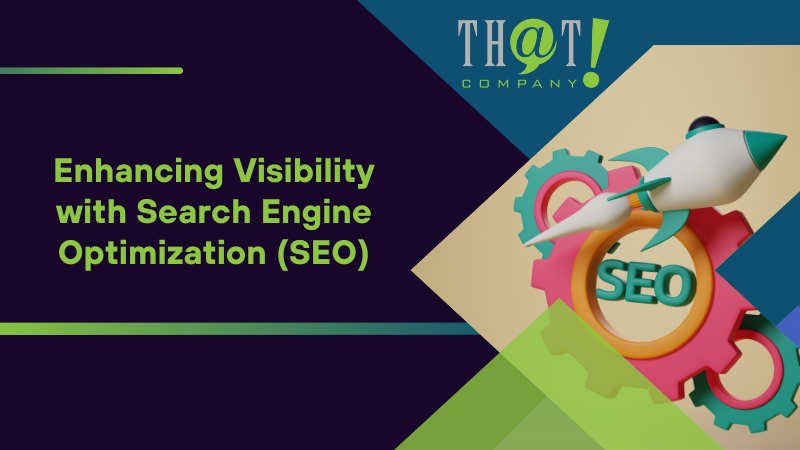
Enhancing Visibility with Search Engine Optimization (SEO)
Search engine optimization (SEO) plays a crucial role in digital marketing by improving visibility through website and content optimization. The primary goal of SEO is to increase website visibility on search engines, ensuring that customers can easily find your business. Effective SEO strategies can intercept the target audience in the buying funnel, directing potential customers to your offerings.
Implementing SEO strategies offers numerous benefits, including increased website traffic, enhanced user experience, and boosted authority. Leveraging SEO white label solutions allows businesses to optimize their websites by focusing on relevant keywords, creating high-quality backlinks, and ensuring mobile-friendliness, ultimately improving search engine rankings.
On-Page and Technical SEO Best Practices
An effective SEO strategy includes on-page optimization, technical SEO, and off-page factors. On-page SEO tactics focus on optimizing various elements. This includes content, meta tags, headlines, and images to target relevant keywords. Thorough keyword research is crucial. It helps to make your articles and pages more SEO-friendly.
Technical SEO ensures that a website is easy for search engines to crawl and index. Mobile optimization is also crucial, as Google prioritizes mobile-friendly sites in search rankings. Reducing load time and simplifying forms optimizes pages for mobile users.
Building High-Quality Backlinks
Building high-quality backlinks is essential for improving overall domain authority, which in turn uplifts the rankings of all pages on a site. Backlinks from sites within the same niche have a more substantial impact on search rankings than unrelated backlinks.
Strategies for obtaining high-quality backlinks consist of guest blogging, producing shareable content, and interacting with influencers in your field. Focusing on building reputable and relevant backlinks significantly enhances SEO efforts and drives more organic traffic to your website.
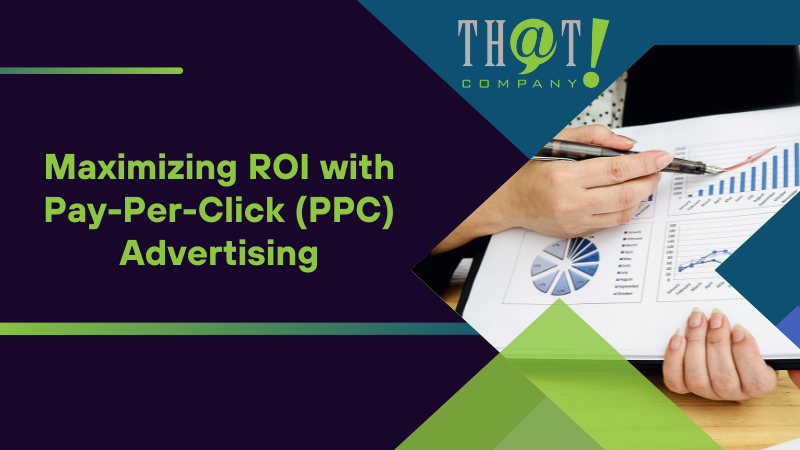
Maximizing ROI with Pay-Per-Click (PPC) Advertising
Pay-per-click (PPC) advertising is a performance-based marketing model where advertisers only pay for actual clicks on their ads. The main objective of PPC advertising is to drive targeted traffic to a website, quickly increasing visibility and driving sales. PPC campaigns have shown a staggering return on investment of 4,381%.
Effective PPC campaigns require targeting high-performing keywords, monitoring ad performance closely, and continuously optimizing strategies. Platforms like Google Ads and Facebook Ads provide detailed tracking and analytics, allowing businesses to manage expenditure and track results effectively.
Crafting Compelling Ad Copy
Creating engaging ad copy is essential for drawing in potential customers and motivating them to interact with your brand. Essential elements of compelling ads in PPC campaigns include catchy headlines and persuasive language. To capture attention and drive clicks, ad copy should evoke strong emotions and offer clear calls to action.
Visually appealing landing pages that provide a seamless transition for users can enhance the effectiveness of your ad copy. By focusing on these elements, you can create ads that stand out and drive higher engagement and conversions.
Effective Bid Management Strategies
Effective bid management is critical for optimizing ad spend and ensuring maximum returns on PPC campaigns. Monitoring essential metrics such as click-through rates (CTR), cost per acquisition (CPA), and conversion rates allows for data-driven decisions. Regular adjustments to bids based on campaign performance metrics can enhance the effectiveness of PPC campaigns.
A strategic approach to bid management, driven by metrics and regular adjustments, is vital for improving campaign performance and maximizing ROI. Continuously optimizing your bids ensures that PPC campaigns remain cost-effective and impactful.

Social Media Marketing for Brand Engagement
Shaping brand reputation is vital, especially as consumers increasingly expect authentic engagement with online culture, making social media marketing more important than ever. As a key component of strategic digital marketing, social media marketing has the potential to reach and influence nearly 4.6 billion people worldwide across various platforms. Common platforms used in social media marketing include Facebook, Instagram, LinkedIn, and Twitter.
A successful social media marketing strategy entails a thorough understanding of audience platforms. It also involves posting regularly, creating engaging content, and responding to followers. Incorporating influencers into marketing strategies can amplify brand visibility and foster authentic engagement across social media platforms.
Organic vs. Paid Social Media Strategies
Social media strategies focus on building community and engagement over time, while paid strategies use targeted advertising for immediate visibility and reach, with organic social media playing a key role in long-term connections. Organic strategies involve creating valuable content and fostering genuine interactions with followers, which can lead to long-term brand loyalty.
Paid social media strategies, on the other hand, leverage targeted social media ads to reach specific audience segments quickly. By combining both organic and paid strategies, businesses can maximize their reach and engagement on social media platforms.
Measuring Social Media Performance
Measuring social media performance is crucial for understanding how well your content is received and how it aligns with business goals. Monitoring engagement rate reflects how well content resonates with the audience, guiding future strategy adjustments. Utilizing analytics tools can help gather data on various social media metrics such as clicks, shares, likes, and overall engagement.
Ongoing measurement and analysis of social media performance lead to informed decisions and improved future strategies. Regularly reviewing these metrics helps businesses optimize social media efforts to better engage their audience and achieve marketing objectives.
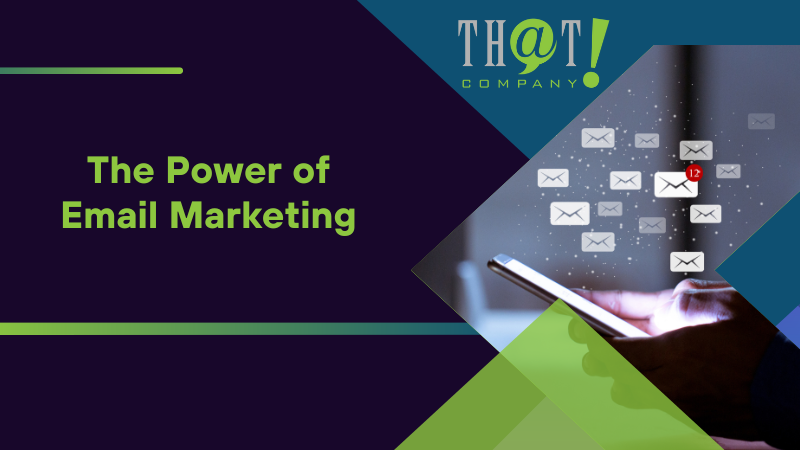
The Power of Email Marketing
Email marketing is a powerful tool for building relationships, nurturing leads, retaining customers, and driving conversions. It allows businesses to engage interested customers without relying on third-party cookies, enhancing privacy and customer trust. The average return on investment for email marketing is $36 for every $1 invested.
Effective email marketing tactics consist of several components:
- Newsletters
- Promotional offers
- Abandoned cart emails
- Welcome series
- Personalized recommendations
Implementing these digital marketing tactics helps businesses connect with customers on a personal level, making email marketing an affordable online marketing strategies for increasing sales.
Segmenting Your Email List
Segmenting email lists enables businesses to target their audience more effectively. Delivering personalized content through segmentation can significantly increase engagement rates among subscribers. Targeting customers based on their buying stages allows businesses to deliver relevant content that meets their needs and interests.
Effective segmentation leads to improved relationships with customers as emails feel more tailored to their needs. This approach not only enhances engagement but also boosts the overall effectiveness of email marketing campaigns.
Automating Email Campaigns
AI-powered marketing automation tools enhance the effectiveness of email marketing efforts through targeted follow-ups. These tools enable precise follow-up communications, improving engagement and conversion rates. A/B testing can greatly enhance email open and click-through rates. This can be done by testing subject lines, email copy, and calls-to-action.
Including product updates and tailored product suggestions in emails increases audience engagement. Leveraging automation and A/B testing helps businesses optimize email campaigns for better results.
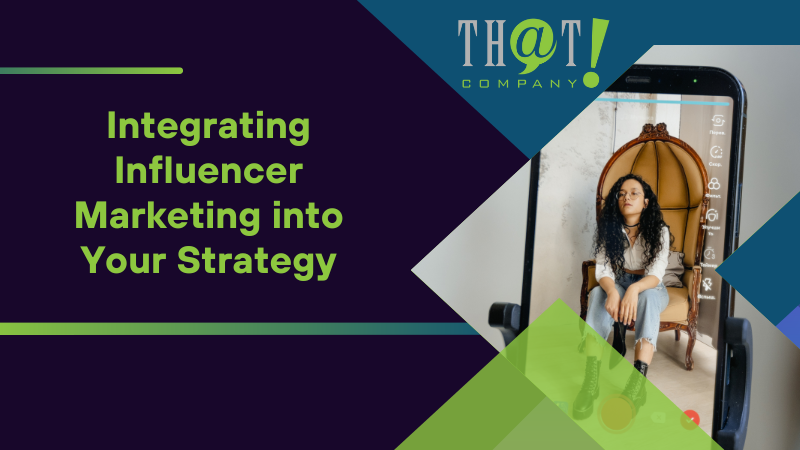
Integrating Influencer Marketing into Your Strategy
Influencer marketing plays a crucial role in strategic digital marketing, allowing brands to leverage trusted individuals to promote their products and gain reach within targeted audiences. The primary objective of influencer marketing is to promote a brand or product to the influencer’s audience, thereby increasing awareness and driving sales. Successful influencer marketing requires finding the right influencers and ensuring strong audience engagement to drive results.
Establishing long-term relationships with influencers is beneficial. It can result in more genuine and influential brand collaborations. Integrating influencers into your digital marketing strategy enhances brand visibility and fosters genuine connections with your audience.
Choosing the Right Influencers
Choosing the right influencers is crucial for the success of your influencer marketing campaigns. Their audience must match your target demographic, and they should have a high engagement level and a passion for topics related to your brand. In Absolut’s campaign, eco-conscious sustainability advocates and LGBTQ influencers were involved, showcasing the diversity of influencers.
Selecting influencers who align with your brand values and interests ensures that marketing efforts resonate with their audience and drive meaningful engagement.
Measuring Influencer Campaign Success
Key metrics to evaluate influencer campaigns include engagement, brand mentions, and sales generated. Methods such as UTM codes and affiliate links can be used to measure conversions from influencer campaigns. The Absolut campaign achieved 7.7 million views and 739.4k active engagements, demonstrating the potential impact of well-executed influencer marketing.
Tracking these metrics allows businesses to assess the effectiveness of influencer campaigns and make data-driven decisions for future collaborations.
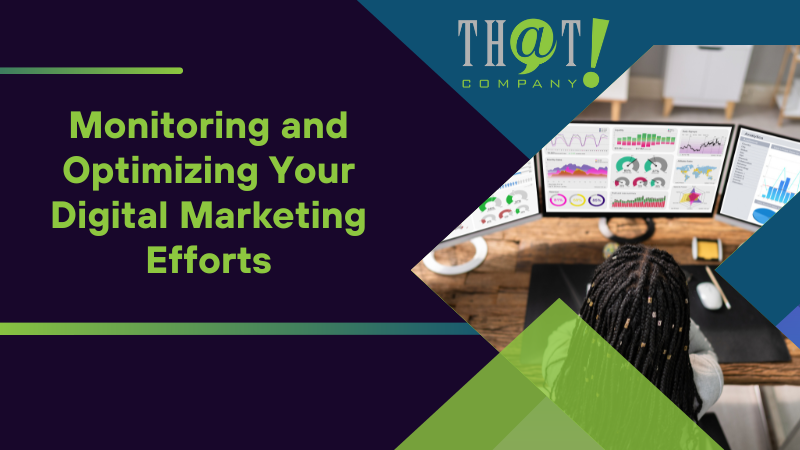
Monitoring and Optimizing Your Digital Marketing Efforts
Consistently monitoring and optimizing your strategic digital marketing efforts is essential for achieving long-term success. Key performance indicators (KPIs) such as conversion rates, referral traffic, and audience engagement levels provide valuable insights into campaign effectiveness. Regularly reviewing data from tools like Google Analytics helps ensure effective campaign adjustments.
Testing and optimizing website elements for conversions, as well as continuously refining PPC bids, targeting, and ads, can significantly improve performance. By focusing on these optimization strategies, businesses can enhance their digital marketing efforts and drive better results.
Making Data-Driven Decisions
Making data-driven decisions is crucial for the success of digital marketing strategies. Key performance indicators (KPIs) measure the effectiveness of campaigns, such as traffic, conversions, and engagement. A/B testing helps refine marketing strategies by comparing different versions of campaign elements to find the most effective.
Effective conversion rate optimization (CRO) methods include analyzing user behavior and identifying conversion barriers. Together, KPIs, A/B testing, and CRO methods create a framework for making informed, data-driven decisions in digital marketing strategies.
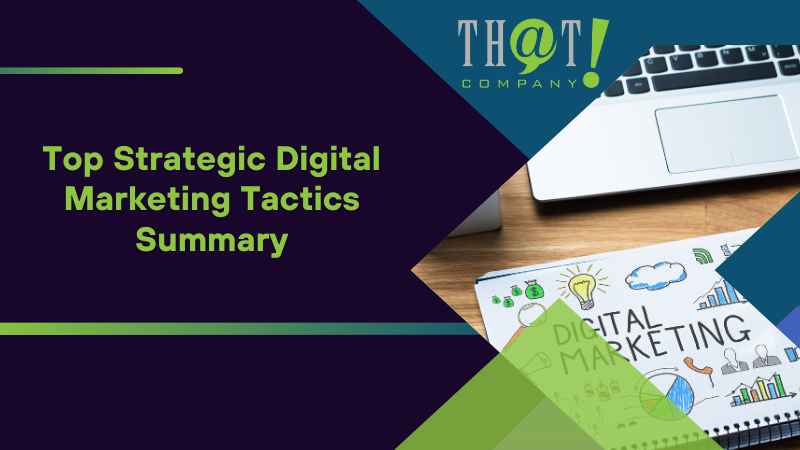
Summary
In summary, a successful strategic digital marketing strategy involves setting clear goals, understanding your target audience, selecting the right channels, and continuously monitoring and optimizing your efforts. Utilizing white label services in areas like content marketing, SEO, PPC advertising, social media marketing, email marketing, and influencer marketing can help businesses enhance their digital presence and achieve remarkable results.
Embrace the power of data-driven decision-making and stay adaptable to the ever-evolving digital landscape. With these strategies in hand, you can confidently navigate the world of digital marketing and drive your business towards success.

Frequently Asked Questions
What is a digital marketing strategy?
A digital marketing strategy is a structured plan that utilizes digital channels to meet specific marketing goals, ensuring alignment with overall business objectives. By having a clear strategy, you can effectively guide your online efforts for better results.
Why is setting clear goals and objectives important in digital marketing?
Setting clear goals and objectives is essential in digital marketing as it guides your efforts towards achieving specific outcomes and allows for effective measurement of progress. This focus ultimately drives revenue and success in your campaigns.
How can I identify and understand my target audience?
To effectively identify and understand your target audience, create detailed buyer personas using data from Google Analytics, social media insights, and customer surveys. This approach ensures that your marketing efforts are tailored to the specific needs and preferences of your audience.
What are the benefits of using That! Company as a white label agency?
Choosing That! Company as a white label agency allows you to enhance your service offerings without the burden of hiring extra staff while benefiting from their specialized expertise. This partnership ensures you can deliver effective digital marketing solutions under your own brand.
How can I measure the success of my influencer marketing campaigns?
Measuring the success of your influencer marketing campaigns can be effectively done by tracking key metrics such as engagement, brand mentions, and sales generated. Utilizing UTM codes and affiliate links will help you accurately gauge conversions.












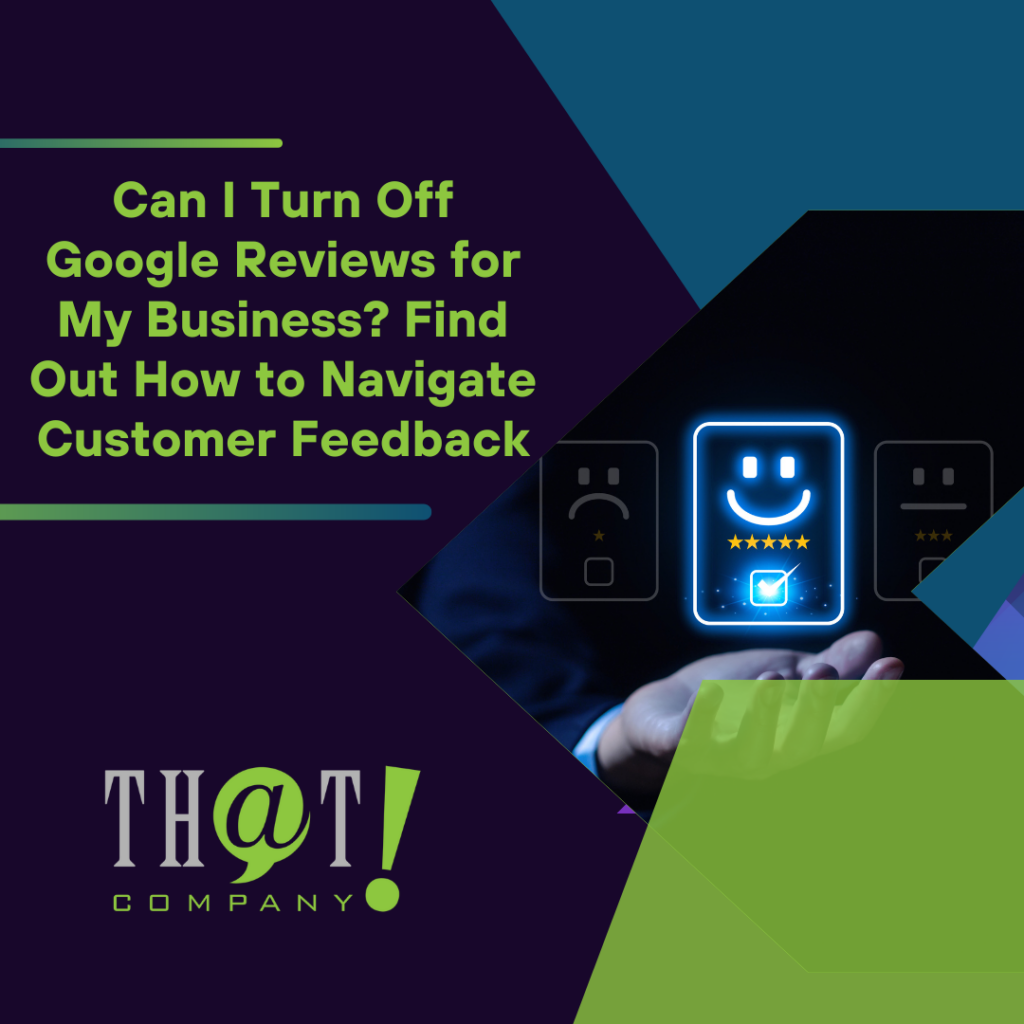
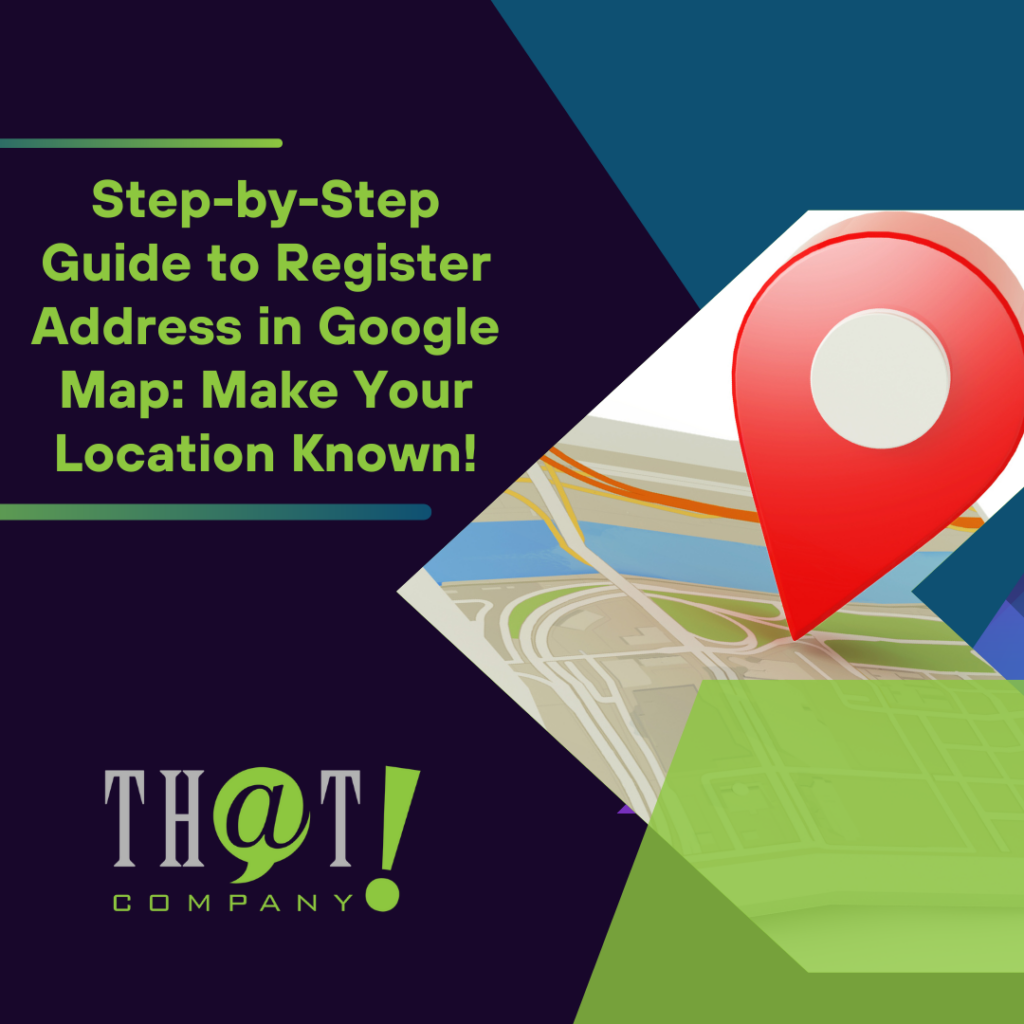













 Talk With Us
Talk With Us  Give Some Love
Give Some Love 


